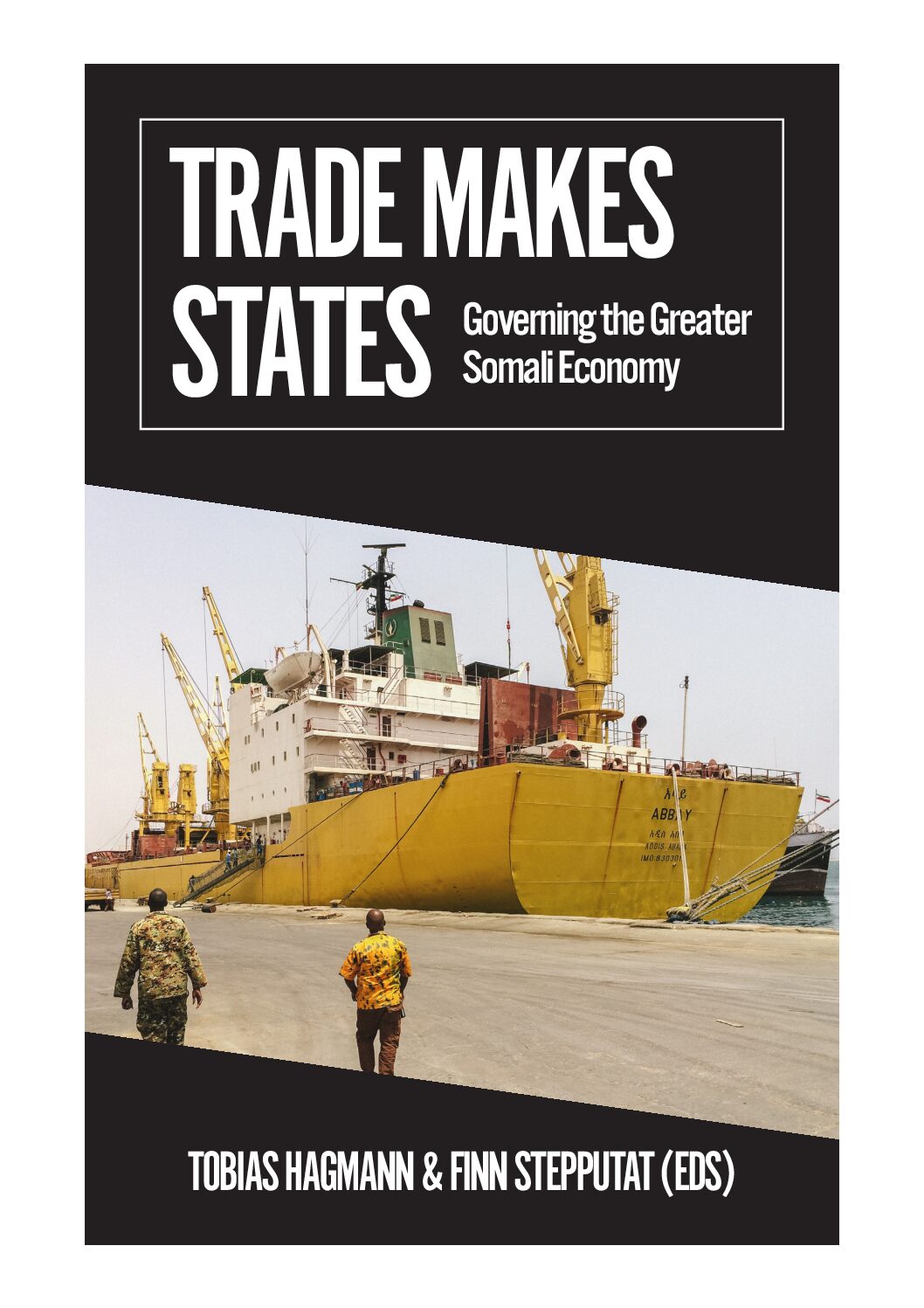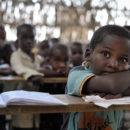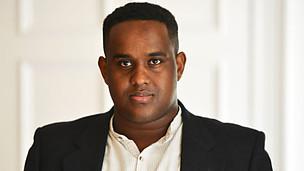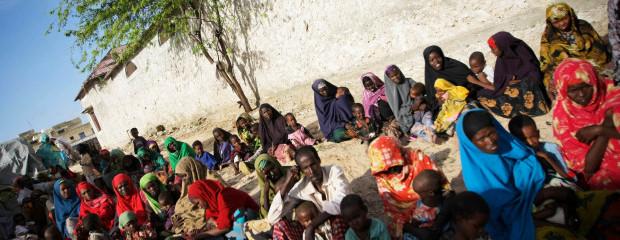Somalia’s Crucible of State-Making

Tobias Hagmann and Finn Stepputat (eds), Trade Makes States: Governing the Greater Somali Economy, London, IAI and Hurst, 2023.
For thirty years the Somali peninsula has been a crucible of experiments in contemporary state formation, a fascinating opportunity to observe and test political-economic theory. The orthodoxies of development and state-building have not fared well. The Somali regions have proved a rich frontier of exploration for political ethnographers, drawing on comparative histories of diverse forms of political organization.
Tobias Hagmann and Finn Stepputat have compiled one of the best volumes in what is an increasingly rich literature. It comprises studies on the social infrastructure of commerce and finance, on mobile money, on the role of ports and trade corridors, on commodities and on taxes. They combine this into a coherent story, which challenges conventional wisdoms about state formation, and even more so about state-building policies.
Hagmann and Stepputat’s concluding chapter is titled ‘Tilly in the tropics.’ They wear on their sleeve their intellectual debt to Charles Tilly’s conjugation of state-making, war-making and commerce in European history. They make particularly interesting use of his analysis of what became dead ends of authority-formation, including the city states of Italy and the Hanseatic League in the early modern period, which posed—for a while—viable alternatives to the unified territorial sovereign realm exemplified by France. Although the Horn of Africa is particularly infamous for its wars, Hagmann and Stepputat bring commerce and finance into focus—it is these that are most crucial in creating state-like entities. Geography is important, but not primarily because states seek to administer their territories and police their borders, and more in that they can extract resources from trade. The simplest form of taxation is the roadblock.
Across the peninsula, different resource endowments shape different outcomes. The Berbera corridor that extends from Ethiopia through Somaliland to the Gulf of Aden—which the United Arab Emirates now considers part of its maritime security perimeter—is a paradigm of a contemporary city-trading state. It is integrated into the global logistics network through Dubai Ports World and Ethiopian road infrastructure. This formula for city-state formation, driven by capital but with a coercive arm, has come a long way from the days when the family firm livestock traders bargained with the clan elders to disarm the militias, establish a police force, and adopt a parliamentary constitution. Today it constitutes a domain whose boundaries only loosely correspond with any lines on the map.
Puntland and Jubbaland have replicated the formula in minor key. The lands administered by al-Shabaab—unfortunately but understandably not researched in depth in this book—show a different, more coercive variant. The militant Islamists have proved their efficiency in extracting low but consistent rents from trade but are handicapped by their non-possession of a significant port city.
The Federal Government in Mogadishu is the only state-like entity that is formally designed on an institutional template and Hagmann and Stepputat are sceptical that a functionally integrated state will emerge on that basis. It appears more fragile than any of the rival formations, notwithstanding its recent military advances against al-Shabaab. If the Federal President is wise, he knows that he governs only at the forbearance of a distrustful selectorate and because an internationally-recognized state can provide some particular services that its better-rooted rivals cannot. Hagmann and Stepputat foresee a ‘type of Somali statehood that is much more horizontal, organised around alliances between major trading states which will have to bargain resource and power-sharing between themselves in an attempt to maximise and pacify both protection and extraction.’
An already strong book would have benefited from including a case study of Djibouti—the best contemporary example of a city state in the region and an obvious model for Somaliland—and also the city-states of Harer and Jigjiga within the Ethiopian federal system. Let us also hope that scholars will refine theories of state-like entities drawing on more examples from the Ottoman Empire and its competitors, so we can place contemporary Somali experience within frameworks drawn from African and Asian histories.






